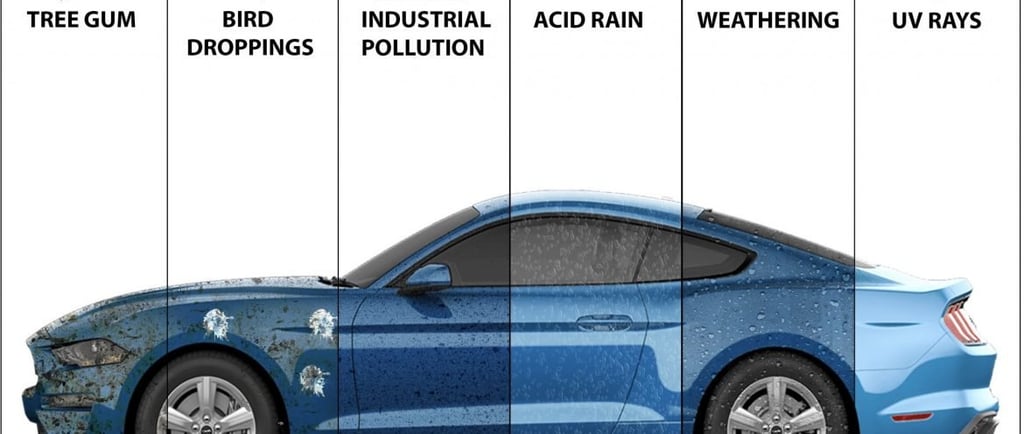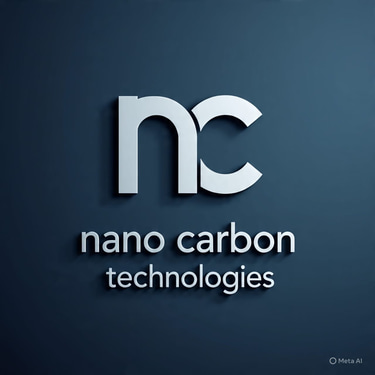Ceramic coating
Ceramic coating introduction
chittaranjan
3/5/20241 min read


Nano Coating: Advanced Surface Protection
Nano coating, also known as nanotechnology coating, represents the cutting-edge of surface protection technology. By utilizing nanoparticles, typically ranging from 1 to 100 nanometers in size, nano coatings create a thin, invisible layer that bonds with surfaces at a molecular level.
Key Features:
Exceptional Durability: Nano coatings offer superior protection against scratches, abrasion, UV damage, and harsh environmental conditions, ensuring surfaces remain pristine for longer periods.
Hydrophobic Properties: One of the most significant benefits of nano coatings is their ability to repel water and other liquids, preventing stains, water spots, and corrosion.
Enhanced Resistance: Nano coatings provide surfaces with increased resistance to dirt, oil, chemicals, and contaminants, making them easier to clean and maintain.
Versatile Applications: From automotive paint protection to electronic devices and household surfaces, nano coatings offer versatile solutions for a wide range of materials and applications.
Advantages of Nano Coatings:
Long-lasting Protection: Nano coatings provide durable protection that lasts for an extended period, reducing the need for frequent maintenance and replacement.
Improved Appearance: By preserving surfaces from scratches, stains, and environmental damage, nano coatings help maintain their appearance and aesthetics.
Ease of Maintenance: Nano-coated surfaces are easier to clean and maintain, requiring less time, effort, and resources for routine upkeep.
Cost Efficiency: While nano coatings may involve upfront costs for application, their long-term benefits in terms of protection, durability, and maintenance savings make them a cost-effective solution.
Applications:
Nano coatings find applications across various industries, including:
Automotive: Protecting vehicle paint, glass, and interior surfaces.
Electronics: Shielding electronic devices from scratches, water damage, and contaminants.
Aerospace: Enhancing the performance and longevity of aerospace components.
Household: Preserving household surfaces such as countertops, tiles, and appliances.
